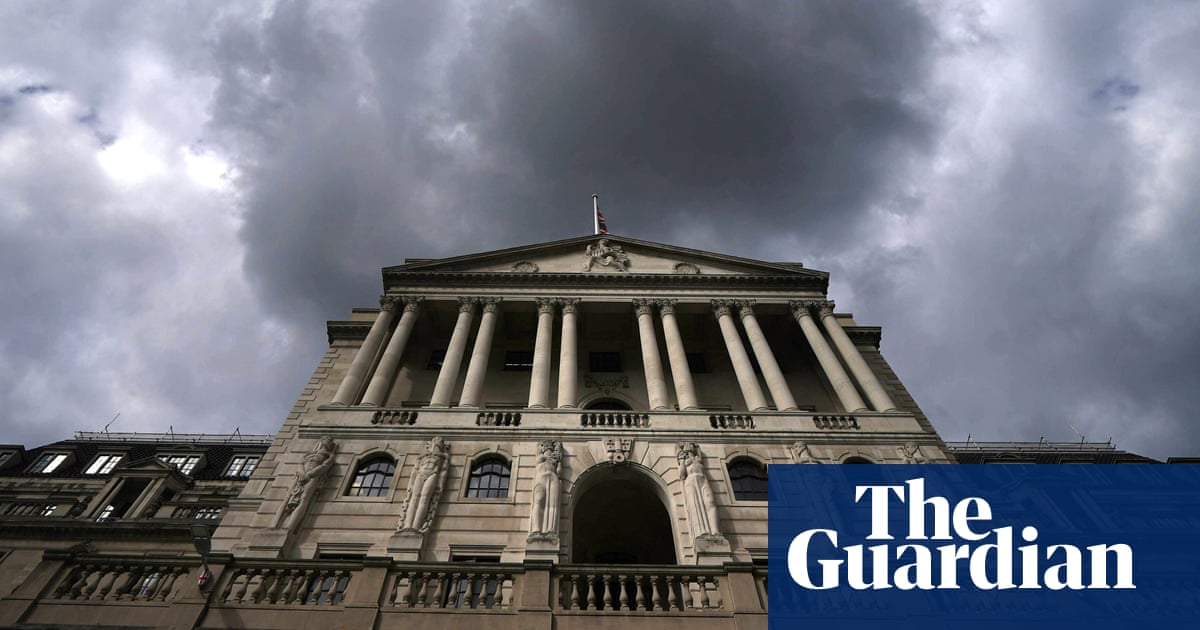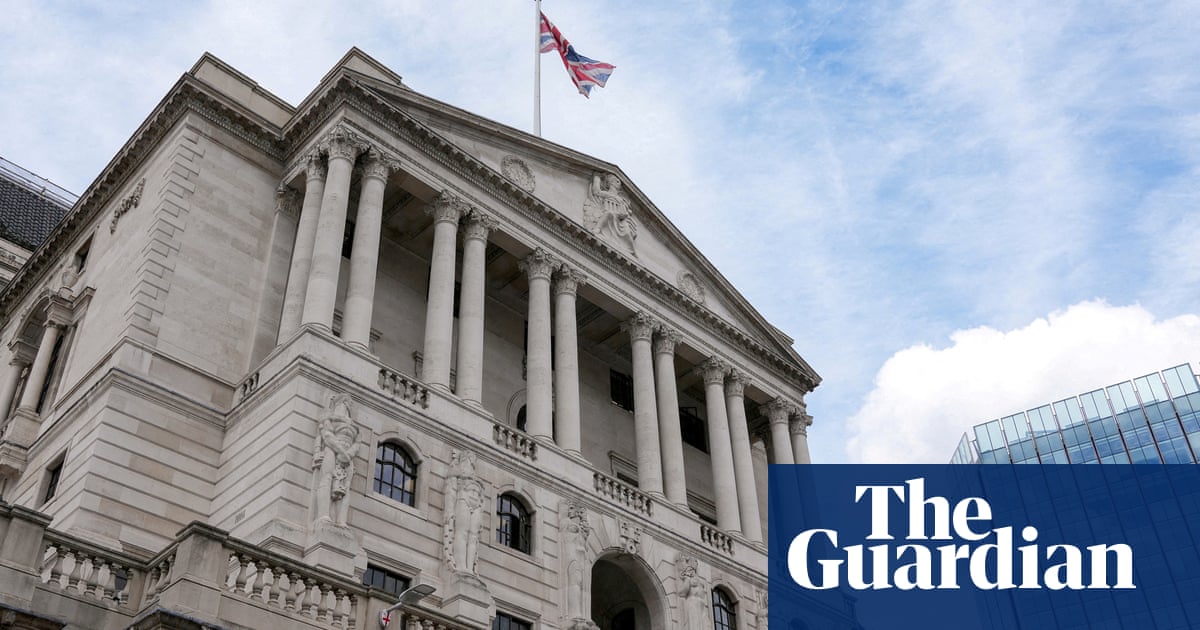
The financial markets are predicting UK interest rates will hit 6% by the end of the year, and remain at that level until next summer, after the Bank of England hiked its benchmark rate by half a percentage point.
The financial markets were volatile as economists warned that the Bank’s efforts to cool inflation by lifting its key lending rate to 5% on Thursday could trigger a recession.
Money markets are pricing in further increases in rates, with the BoE expected to lift borrowing costs by another percentage point by its December meeting, to 6% – a level last seen in 2001. Rates could then be maintained at 6% until June 2024, when the Bank could start cutting, market pricing shows.
Adrien Pichoud, chief economist and senior portfolio manager at Bank Syz, a Swiss lender, said the Bank of England can’t risk being perceived as soft in its primary mission of keeping inflation contained.
“Unless current dynamics in service prices and wages were to ease abruptly in the coming months, additional rate hikes will likely be required by the end of the year,” Pichoud said.
“Such tightening in financing conditions will eventually take its toll on economic activity, and the risk of a recession caused by high interest rates is clearly rising. But this risk is probably required to be taken in order to avoid inflation dynamics to settle even more deeply,” Pichoud added.
Short-dated UK government bond prices weakened a little on Thursday, pushing up the yield, or interest rate, on two-year UK gilts, which are used to price mortgages. They traded around 5.1%, near the 15-year highs hit on Wednesday.
“The market is implying that this hike will kill growth, and reduce inflation, and I think the market’s right, says Mike Riddell, head of macro unconstrained at Allianz Global Investors.
Thursday’s intervention failed to lift the pound, as economists reacted to the increased likelihood of recession.
Normally, higher interest rates should support a currency, but after some volatility immediately after the BoE decision sterling was down a third of cent against the dollar in afternoon trading at $1.2740.
Joe Nellis, a professor of global economy at Cranfield School of Management, also warned of recession.
“The Bank of England is deploying shock and awe tactics in a bid to shake the economy out of its current state of inflation,” Nellis said.
“Inflation is becoming embedded in the system with little sign of it subsiding. Unfortunately, further financial hardship is expected for many millions of households – and those at the lower end of the income scale with variable rate mortgages, or who are in the process of remortgaging, will be hit the hardest,” he said.
Stocks fell in London on Thursday, with the FTSE 100 index of blue-chip shares losing 57 points to close at 7,502 points, its lowest close since the start of June. Banks, housebuilders and consumer-facing companies were among the fallers.










